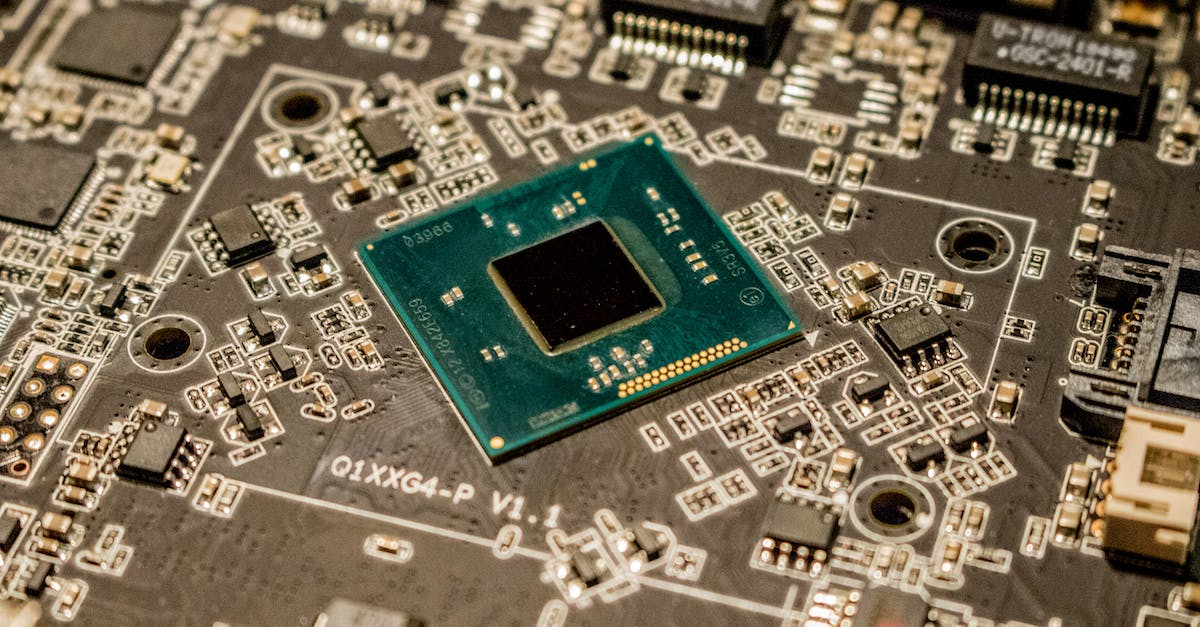Baidu Turns to Huawei for AI Chips as Pressure Mounts on Chinese Tech Industry

Introduction:
Baidu, a leading Chinese AI firm, has reportedly ordered AI chips from Huawei, signaling a growing acceptance of Huawei’s products as an alternative to Nvidia. The move comes as U.S. pressure mounts on Chinese tech companies, with tightened restrictions on chip and chip tool exports to China. This article explores the details of Baidu’s order, the significance of the move, and its implications for the Chinese tech industry.
1. Baidu’s Order: A Step Towards Chinese Acceptance of Huawei’s AI Chips
– Baidu, known for operating the Ernie large language model, placed an order for 1,600 Huawei 910B Ascend AI chips in August.
– The order was made ahead of anticipated new U.S. government rules tightening restrictions on chip exports, particularly affecting Nvidia.
– By October, Huawei had already delivered over 60% of the order, amounting to around 1,000 chips for Baidu’s 200 servers.
– The total value of the order was approximately 450 million yuan ($61.83 million), with all chips expected to be delivered by the end of the year.
2. Shifting Away from Nvidia: The Significance of Baidu’s Order
– Although the order is relatively small compared to historical chip orders from top Chinese tech firms, it holds significant implications.
– It highlights the shift in certain Chinese tech companies’ willingness to explore alternatives to Nvidia, given the current climate of U.S.-China tensions.
– Baidu’s decision to opt for Huawei’s AI chips indicates a growing recognition of Huawei’s capabilities as a viable alternative to Nvidia’s A100 chip.
3. U.S. Pressure and Chinese Tech Industry’s Response
– The tightening restrictions on chip exports to China have contributed to a sense of urgency among Chinese tech companies to secure reliable alternatives.
– The move towards domestic alternatives, such as Huawei’s Ascend AI chips, showcases China’s determination to reduce dependencies on American technology.
– By supporting the development and adoption of homegrown alternatives, China aims to bolster its tech industry’s resilience and safeguard against potential disruptions caused by U.S. policies.
4. The Rise of Huawei in AI Chips
– Huawei’s 910B Ascend AI chip was developed as a viable substitute for Nvidia’s A100 chip, showcasing China’s ambition to become self-reliant in critical technology sectors.
– With Baidu’s order, Huawei’s prominence in the AI chip market strengthens, as it gains recognition from a leading Chinese tech company.
– This move also reflects Huawei’s ongoing efforts to diversify its product offerings beyond telecommunications and position itself as a major player in the global AI chip market.
Conclusion:
Baidu’s decision to source AI chips from Huawei instead of Nvidia demonstrates an evolving relationship between Chinese tech companies and domestic alternatives amid increasing U.S. pressure. As China seeks to reduce its reliance on American technology, Huawei’s Ascend AI chips have emerged as a significant alternative. This move not only benefits Huawei but also signals a greater shift within the Chinese tech industry. The market dynamics and competition among chip manufacturers will undoubtedly continue to evolve as tensions between the U.S. and China persist.




